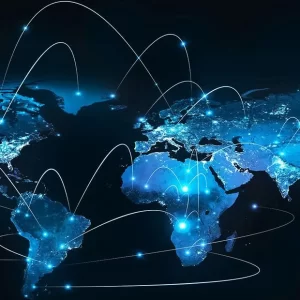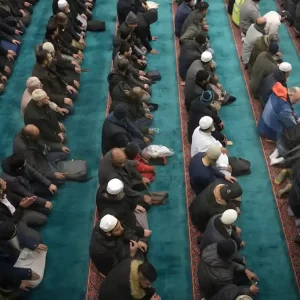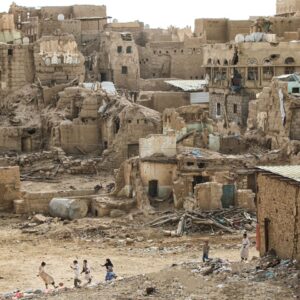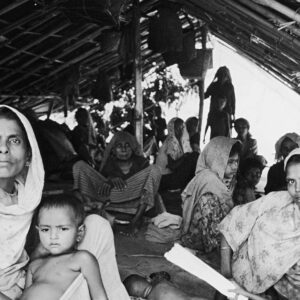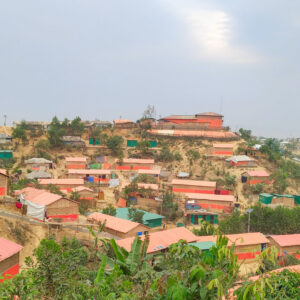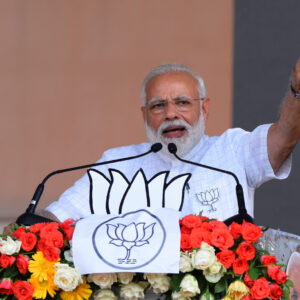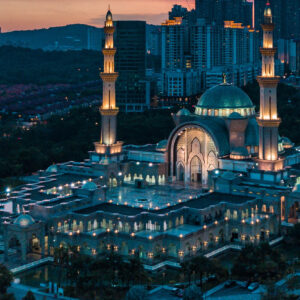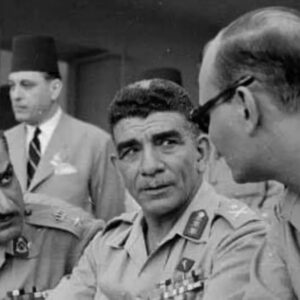It would be an understatement to say that the six-year stint of Qamar Bajwa as Pakistan’s army General was eventful. Bajwa’s role as arguably Pakistan’s most powerful man included four prime ministers and several political crises, ending with the army’s carefully polished reputation over decades in tatters. He was not the first army commander to...
Is Globalisation a contemporary phenomenon?
Amina Rahman questions the motives and methods of Globalisation and how it is a useful tool to maintain long-standing global inequality. Globalisation refers to the interconnectedness of the world in which we experience a ‘space-time compression’. It explains how we can order a product off Amazon, which may be in warehouses from across the world,...
The Socioeconomic Conditions of Muslims in the UK
Nadiath Choudhury explores the various socioeconomic challenges facing the Muslim Community in the UK. Across the globe, Muslims face challenges to their security, identity and socioeconomic status. Although Muslims in the West manage to escape the civil unrest and war that afflicts their counterparts in parts of the world such as the Middle East, they...
Where is the support for our Ummah in Yemen
Amana Hussain questions the Ummah’s collective neglect of the people of Yemen. “O you who believe! Stand out firmly for justice, as witnesses to Allah, even against yourselves, or your parents, or your kin, and whether it be (against) rich or poor: for Allah can best protect both. Follow not the lusts (of your hearts),...
Genocides Against Muslims: A Historical Pattern with a Focus on the Rohingyas
Karima Nishat examines whether the persecution of the Rohingya constitutes a genocide. History has shown a continuous pattern that has been weaved time and again, and that is genocides against Muslims. The ongoing genocide waged against the Rohingya minority is a prime example, alongside those cases that mirror past genocides such as that in Srebrenica,...
Impact of COVID on the Rohingya. What does the future hold?
Naema Jannath argues the Covid-19 Pandemic has made the conditions of Rohingya refugees worse and argues we should not forget their plight. According to Human Rights Watch, the Rohingya are one of the world’s largest stateless groups of refugees (Human Rights Watch, 2021). The Rohingya have been disregarded as citizens of The Union of Burma...
Do not Forget the migrant workers who helped make the World Cup Possible.
Jahangir Mohammed, Director of Ayaan Institute, says that while the focus of the world will be on football at the upcoming World Cup in Qatar, we should not forget the mainly South Asian migrant workers who have made the tournament possible in the first place. In just over a month, Qatar will host the first...
Understanding the global threat of Hindutva ideology and politics
Recent events in Leicester have brought home the dangers of the spread of Hindutva ideology, yet there is little understanding of Hindutva and the threat it poses in the UK and beyond, writes Ayaan Institute director Jahangir Mohammed. Hindutva is not a new phenomenon which is linked only to Narendra Modi and his BJP party....
1992 and the Broken Promise of Islamic Internationalism
As crisis after crisis grips Muslims around the world, from mayhem in the Levant and massacres in West Africa to genocidal state-backed violence in South and East Asia, it has become common to hear calls for the Muslim ummah, or community of believers, to respond. Disasters and challenges are by no means unique to our...
From Revolution to Establishment: The 1952 ‘Free Officers’ Coup and Military Rule in Egypt
This month marks seventy years since a seminal moment in modern Middle Eastern history: the military coup in Cairo of July 1952, which replaced a corrupt monarchy with the military rule that has continued, virtually uninterrupted, since then. With the brief exception of Mohamed Morsi’s elected government in 2012-13, every Egyptian government since has been...


